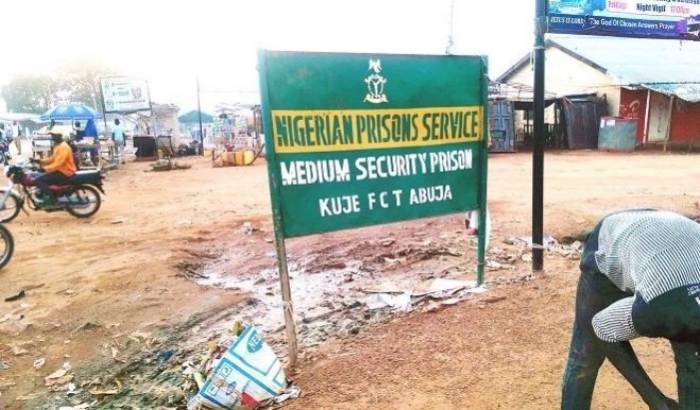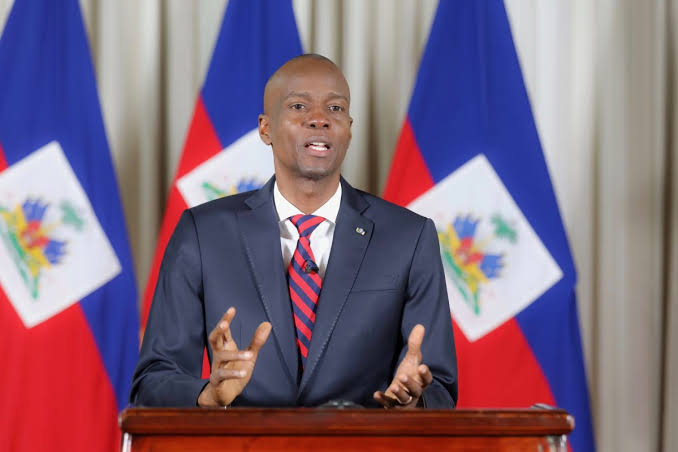
Avellon Williams
PORT-AU-PRINCE, HAITI- In the early hours of this day July 7, 2021, Haitian President Jovenel Moise was assassinated by a hit squad that included Haitians and Colombians, according to the National Police of Haiti.
A year after the attack, chaos have only gotten worse in the impoverished Caribbean country.
It has been months since the assassination, and the country’s socio-economic and political situation hasn’t improved despite the repeated postponements of national elections.
As a result of the ongoing battles among armed groups for turf and influence over the local population, there has been a dramatic increase in kidnappings of both Haitians and foreigners in Haiti.
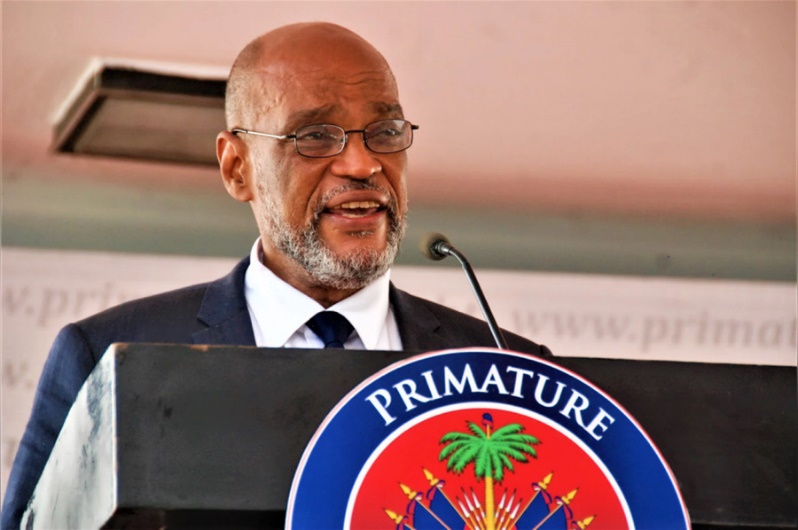
As of now, Prime Minister Ariel Henry hasn’t been able to open a dialogue with the country’s other major players.
In the opinion of Dr. Jean Henold Buteau, professor at the State University of Haiti and spokesman for the Socialist Alternative party, the situation is “extremely serious,” and he acknowledged that the international community’s actions, according to him, put Henry in power in the first place.
As he explained to EFE, the men in power have put in place a “type of strategy of chaos,” whereby “the sectors linked to international power have taken control of the state in order to maintain its continuity.”
In his view, the country will not have security or improvement in public services until the political power structure is changed.
“We believe that an uprising or a demonstration of popular anger is sufficient to impose order upon disorder,” Buteau said.
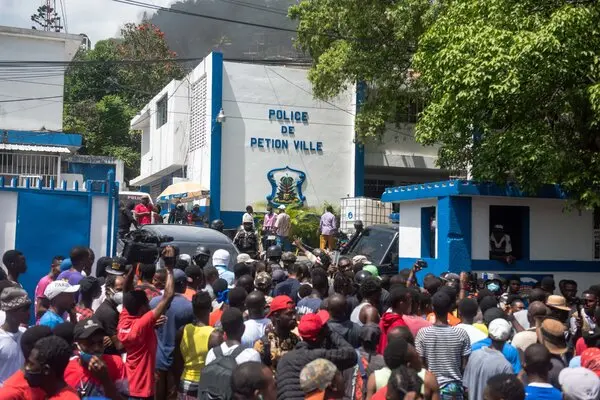
In the period right before his death, Moise left behind a dormant economy. Currently, Haiti has a 27.5 percent inflation rate, up from 12.5 percent in June 2021.
“Today, the situation is worse than when Moise governed. A year later, the economy has moved practically from a situation of decadence to a situation of a catastrophe,” said economist Enomy Germain, who added that life is getting more and more expensive every day.
In June 2021, 91 gourdes were exchanged for a dollar on the official market, but now 115 gourdes are required to buy a dollar. “In terms of exchange rates, the situation has deteriorated,” Germain told EFE.
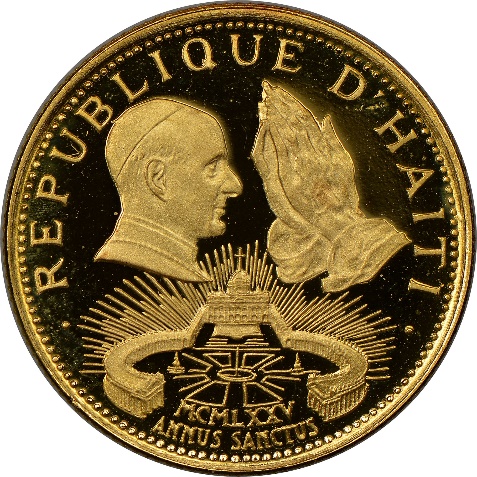
He explained that before the former president died,the country was experiencing negative growth and all economic sectors were in decline, a situation that persists today.
“Jovenel Moise is no longer here, but the problems remained, and they’ve even worsened,” he said, recalling the difficulties in obtaining public financing to mobilize resources to keep the country operating.
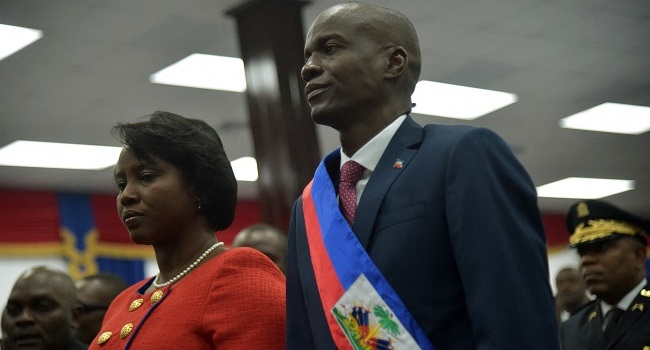
“This is an economy that has been structurally dismantled for some time,” he said. “The gangs are blocking the country’s economy more than before. The issue of lack of economic security that we’re experiencing is an economic ‘shock.’”
Another problem besetting a country with a desperate social situation is the lack of security. As of today, 4.5 million Haitians suffer from food insecurity, up from 4.3 million before Moise’s death.
Kidnappings continue to impoverish families who pay ransoms to get their loved ones back and save their lives, while Haitians abandon the country by the thousands.
“The situation is intolerable. It can’t go on like this. For this to stop, it’s the Haitians who must lead the way and build the solutions. Michel Martelly and Jovenel Moise have collapsed the country. Ariel Henry is doing the same,” Henold Buteausaid.
Henry’s administration “is a government that has fallen asleep. It’s a government that has absolutely no mission or goal. A government without aims and without concrete action,” Germain said.
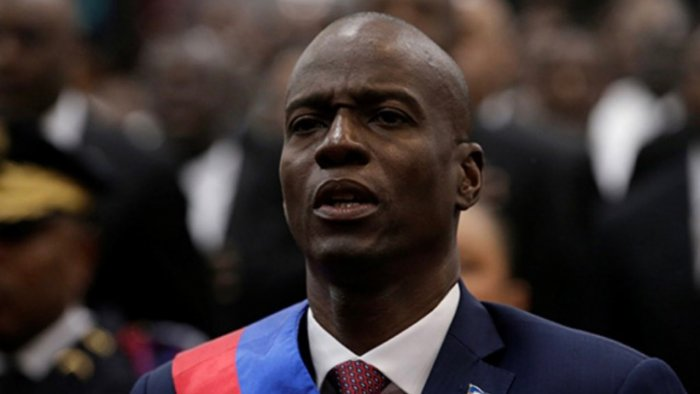
“We’re on the verge of a humanitarian catastrophe in the country. If we only take into account the cost of living, it’s already enough to say that we’re heading directly for a big humanitarian crisis in Haiti if absolutely nothing is done,” said Germain pessimistically “because we have a government of inaction.”



